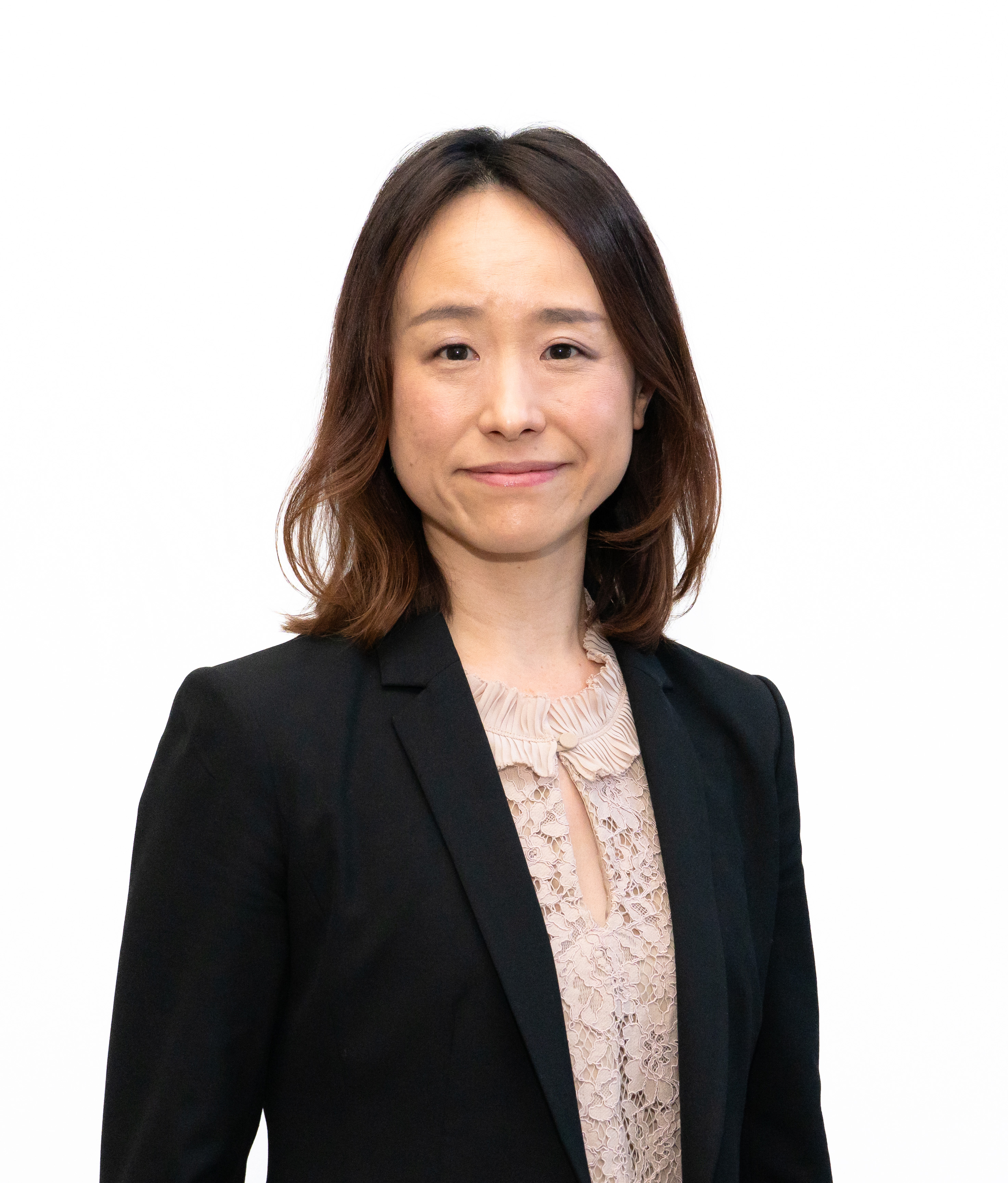Kaori Takehara-Nishiuchi
We form memory not only to remember the past but also to predict the future. The latter process critically depends on the ability to learn structured relationships among events and make robust inferences that go beyond one’s experiences. The long-term goal of my research program is to understand how the brain forms and stabilizes memories of event relations and later transforms them to infer adaptive behaviour in a new situation. To this end, our lab uses a wide array of methods, including behavioural, neurophysiological, imaging, genetic, and pharmacological techniques in rodents. Through these investigations, my team seeks to translate descriptive accounts of relational learning and inference into tangible biological processes in the brain. Such insight will lead to new ways of thinking for resolving intellectual handicaps, such as those found in intellectual disability, Alzheimer’s disease, and aging, as well as cognitive enhancement for people who would not be classified as disabled.
Throughout her career, Dr. Takehara-Nishiuchi is dedicated to leveraging research tools in biology to address important questions in psychology. She received her Ph.D. in pharmaceutical sciences at the University of Tokyo in 2006. There, she was inspired to study circuit mechanisms of associative memory by Dr. Yutaka Kirino, who brought rigor and precision in biophysics to behavioural neuroscience research. Her thesis work is the first to implicate a region in the neocortex called the medial prefrontal cortex in supporting long-term consolidated memory. She then moved to the University of Arizona to work with Drs. Bruce L. McNaughton and Carol A. Barnes, two renowned experts in neurophysiology. Her postdoctoral work provided the essential neurophysiological evidence for a central tenant of psychological theory on memory consolidation. In July of 2009, she accepted a faculty position in the Department of Psychology at the University of Toronto, where she runs vibrant systems neuroscience lab consisting of undergraduate, graduate, and postdoctoral fellows.
People Type:
Roles:
Research Area:
- behavioural and systems neuroscience
- learning and memory
- intelligence
- memory disorders



